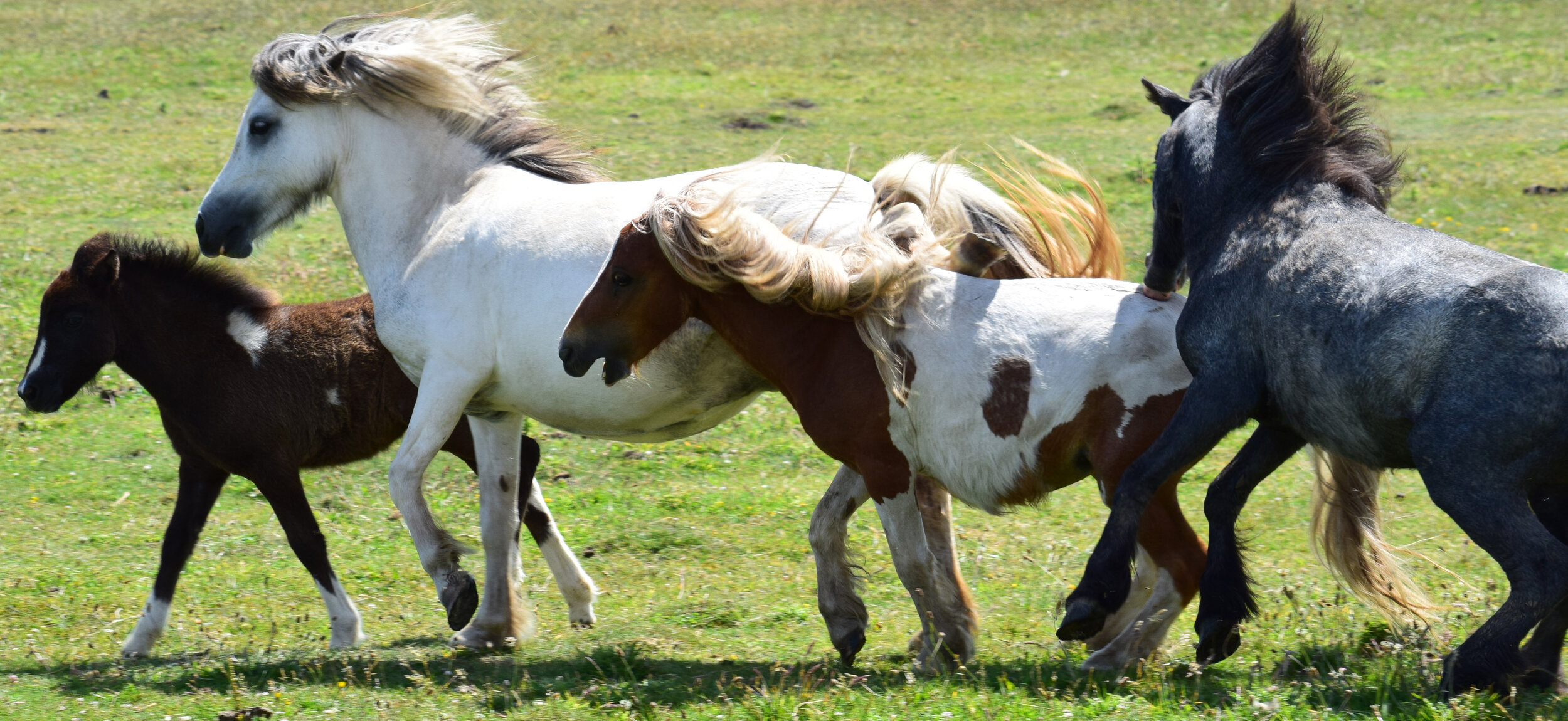

Horse Sense
Horses share a close relationship with humans in their daily lives. Domesticated over 5,500 years ago, they, like dogs, are attentive to humans and their behavior. Moreover, they are very social animals, living in large, stable groups in the wild. Thus, one would expect horses to have developed sophisticated social abilities to cope with the complex relationships they can form. Researchers recently put these abilities to the test.
Read about horses’ social sense at my Animal Minds blog: The Social Smarts of Horses.

Making Friends, The Vampire Bat Way
Vampire bats aren’t so different from humans in some ways. These long-lived and extremely social bats form close social relationships – bonds that in humans, we’d call friendships. However, vampire bat friendships are characterized by mutual tongue baths and regurgitated blood. Now, research shows how these friendships form. In a study published today, scientists report that vampire bats gradually build trust through social grooming. The results support a model of how cooperative relationships form that could also apply to human friendships.
Read the whole story at National Geographic: How Vampire Bat Friendship is Surprisingly Like Our Own.

Drug Overdose Deaths in the U.S.
The good news: Data released by the U.S. Centers for Disease Control and Prevention (CDC) indicate that drug overdose deaths have dropped for the first time since 1990. Between the 12-month period ending December 2017 and the 12-month period ending December 2018, there was a 5.1% decline in overdose deaths. Now the bad news: Experts still see worrisome signs in the data.
Read my latest story for IEEE Pulse magazine: Drug Overdose Deaths Decline, But Remain Historically High.

Brain Characteristics Associated with Epilepsy and Depression/Anxiety
Researchers from Nationwide Children’s Hospital found that symptoms of depression and anxiety were related to diffuse reductions in brain structure and function in youth with intractable epilepsy.
Read the whole story at Pediatrics Nationwide: Brain Characteristics Associated with Epilepsy and Internalizing Disorders.

Cross-Modal Object Recognition in Bumble Bees
The ability to experience an object in one sensory modality and later recognize it in another is called cross-modal object recognition. It’s actually a highly complex cognitive capacity thought to be limited to vertebrates. Now, a group of researchers from Queen Mary University of London and Macquarie University in Australia show that bumble bees are capable of performing this task, raising questions of bees’ mental imagery and awareness.
Read my latest post at my Animal Minds blog: Bumble Bees Can Recognize Objects Across Senses.
